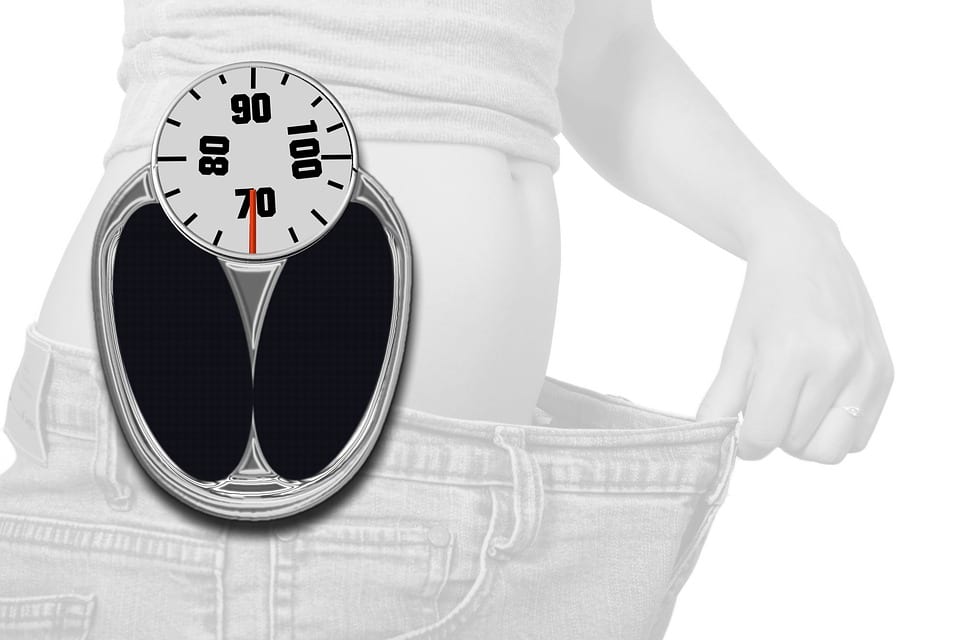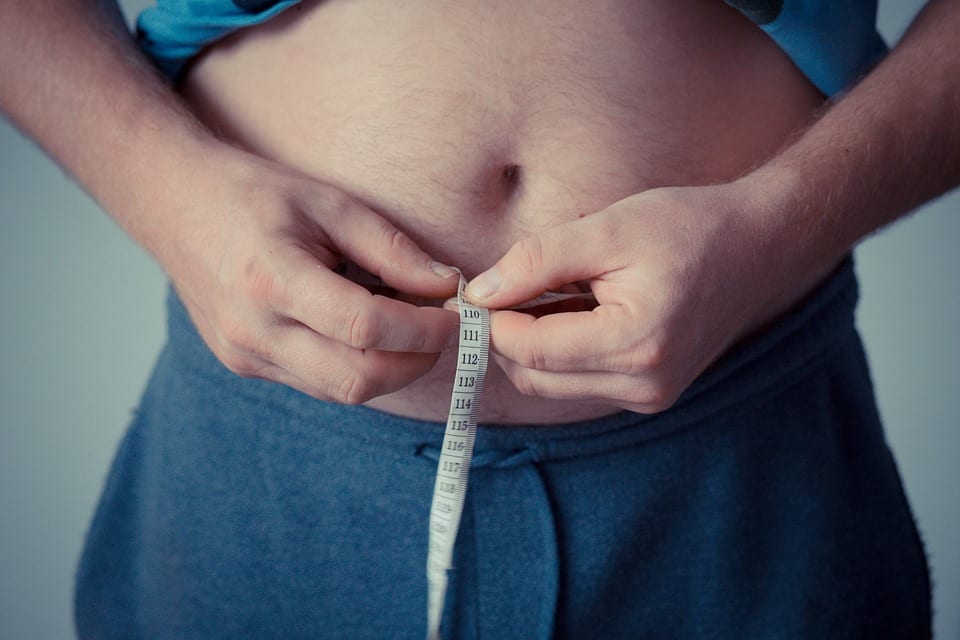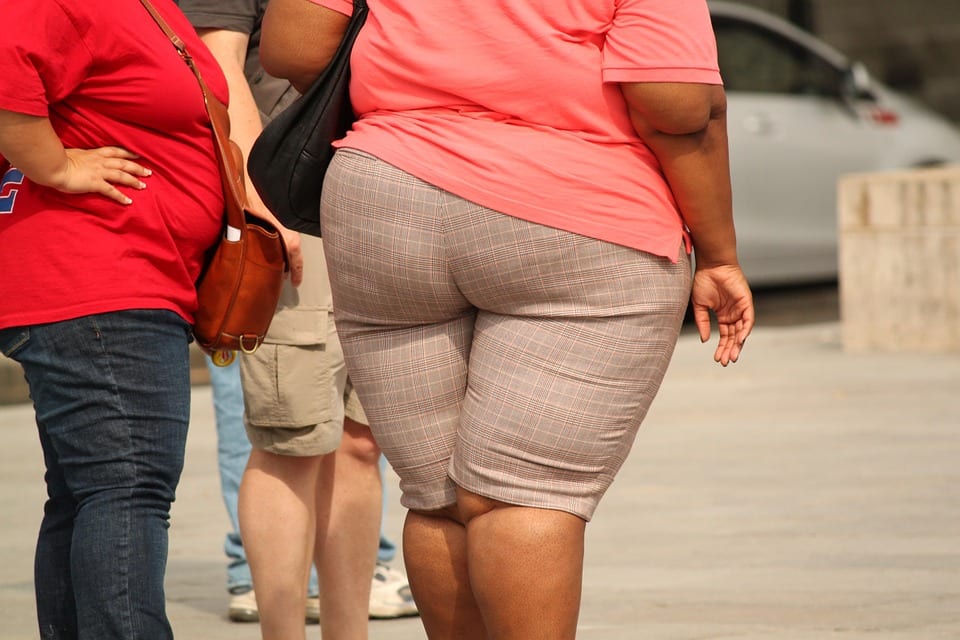Even though tattoos are pretty trendy at the moment, they’ve actually been around for over 6,000 years. They’re made to express a person’s thoughts, feelings, and or cultural beliefs. Some get them as a source of strength or healing, while others may get them just for fun.
Whatever your reason, have you ever thought about what tattoos do to your body? Like, for example, how might your immune system react to getting your skin dyed?
Funny you asked…
Christopher Lynn has been studying Samoan tattooing culture “and the impact of the big traditional pieces called pe’a and malu — tatau in general — on the immune system.”
The Samoa study is actually the fourth phase of his research about how tattoos interact with a person’s immune system. He first started with a group of mostly women in Alabama, and he found an interesting outcome.
“What I’d observed among that group suggested that tattooing could help beef up one’s immune response.”
But one study was not enough to gain a solid understanding of how or why. So he explored further, and that led him to Samoa:
“That’s why I traveled in 2018 with fellow anthropologist Michaela Howells to the Samoan Islands. Samoans have a long, continuous history of extensive tattooing. Working with contemporary machine and hand-tap tattooists in American Samoa, we wanted to see if we’d find the same link to enhanced immune response.”
Photo Credit: Unsplash, Allef Vinicius
What happens to your body when you get a tattoo?
Whenever you sit for a tattoo, you are allowing ink-coated needle pricks to penetrate your epidermis. This sends a warning to your immune system that these small “wounds” need healing. Your body responds in two ways. First:
“…getting a new tattoo triggers your immune system to send white blood cells called macrophages to eat invaders and sacrifice themselves to protect against infection.”
It will also send a level of adaptive responses to the area in the form of proteins. These proteins help the skin heal, but they also keep an eye out for this to happen again in the future.
“There are several classes of these proteins — called antibodies or immunoglobulins — and they continue to circulate in the bloodstream, on the lookout lest that same invader is encountered again. They’re at the ready to quickly launch an immune response the next time around.”
It’s like these little antibodies know how addictive tattooing is!
How is the level of antibodies and white blood cells measured to understand the immune systems reaction?
Photo Credit: Unsplash, Joel Muniz
“This adaptive capacity of the immune system means that we could measure immunoglobulins in saliva as approximations of previous stress caused by tattooing.”
During the study, Lynn and anthropologist Michaela Howells sampled 25 tattoo recipients, both Samoan and non-Samoan tourists to the island.
“We collected saliva at the start and end of each tattoo session, controlling for the tattoo duration. We also measured recipients’ weight, height and fat density to account for health. From the saliva samples, we extracted the antibody immunoglobulin A, as well as the stress hormone cortisol and inflammatory marker C-reactive protein. Immunoglobulin A is considered a frontline immune defense and provides important protections against frequent pathogens like those of the common cold.”
They determined that immunoglobulin A remained higher in the bloodstream even after a tattoo fully healed. Also, if one of the recipients received a larger tattoo, leaving them under the needle longer, the saliva produced more immunoglobulin A than those who experienced smaller tattoos
It seems that getting a tattoo for the first time primed the recipient’s bodies. Meaning, it ramped up their immune system to fight back in case there is a next time. Even if they chose not to get additional tattoos, their immune systems were still heightened in case they get sick. It’s the body’s way of preparing for future ailments due to body stress.
“Stress’s bad rap comes from chronic forms that really do undermine immune response and health. But a little bit is actually good for you and prepares your body to fight off germs. Regular exercise provides immune function benefits through repetition, not necessarily single visits to the gym. We think this is similar to how each tattoo seems to prepare the body for vigilance.”
Even though these findings sparked more interest on what tattoo can do to keep you “healthier,” you may want to wait before going out and covering your body in ink. Lynn is still exploring the ramifications.
“Our Samoan findings supported the results of my first study in Alabama. But of course correlation does not imply causation. Enhanced immune response is correlated with more tattoo experience, but maybe healthier people heal easily from tattooing and like to get them more. How could we find out if getting tattoos could actually make a person healthier?”
I guess we’ll have to wait and see!
The post A Study Shows That Tattoos Can Strengthen Our Immune Systems appeared first on UberFacts.
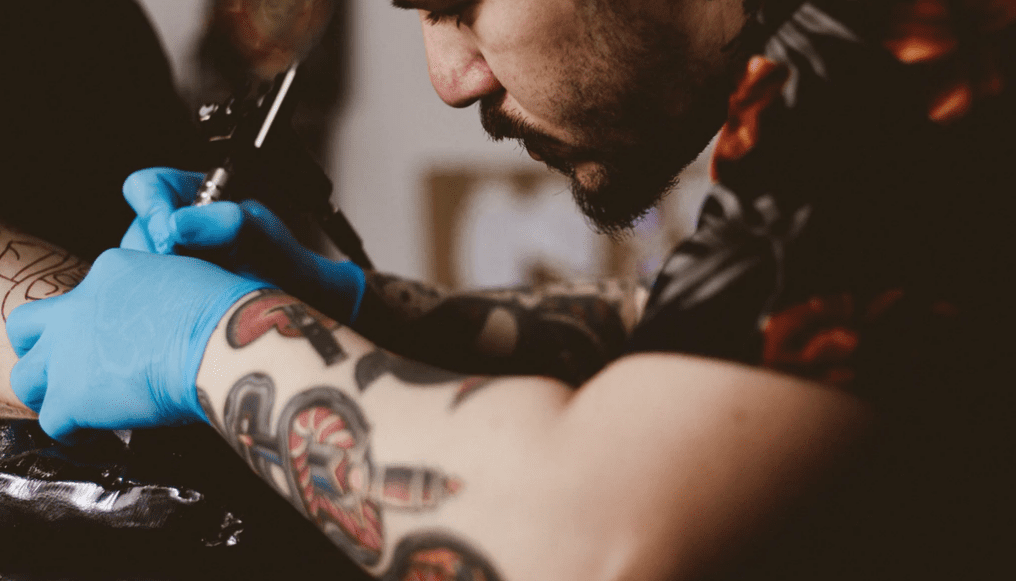


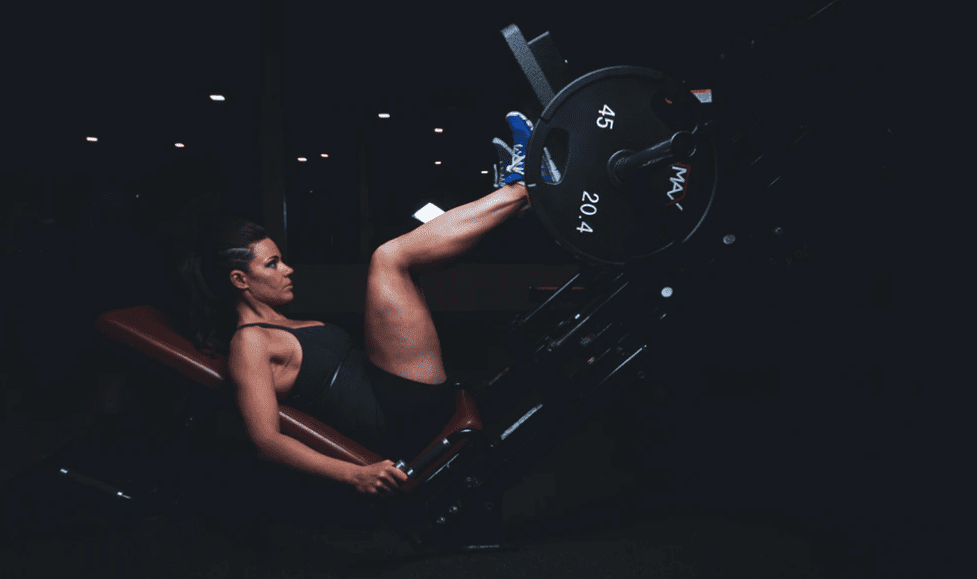

 メキシコ料理風で辛さも酸っぱさがあって飽きがこないよ
メキシコ料理風で辛さも酸っぱさがあって飽きがこないよ 吃過墨西哥口味的塔可貝爾速食店之後就在也不想吃其他麥當當什麼的惹
吃過墨西哥口味的塔可貝爾速食店之後就在也不想吃其他麥當當什麼的惹 辣辣酸酸的超不膩的啊(只是熱量一樣驚人) #tacobell #delicious #tasty #japan #tokyo #タコベル #美味しい #メキシコ #タコライス #foodporn #fastfood #東京 #日本 #塔可貝爾 #
辣辣酸酸的超不膩的啊(只是熱量一樣驚人) #tacobell #delicious #tasty #japan #tokyo #タコベル #美味しい #メキシコ #タコライス #foodporn #fastfood #東京 #日本 #塔可貝爾 # . . . . . . #girlgamer #pcgaming #gamer #twitch #MondayMotivation #tacobell #cute #twitchaffiliate #monday #stream #streamer #SmallStreamersConnect
. . . . . . #girlgamer #pcgaming #gamer #twitch #MondayMotivation #tacobell #cute #twitchaffiliate #monday #stream #streamer #SmallStreamersConnect And speaking of hot, we tried Diablo sauce for the first time, along with Diablo Tortilla Chips (found at 7-Eleven)—not a fan. We got a lime vibe from the sauce which we don’t like, and its extra heat ruined a couple sips of our Baja Blast. We enjoy spicy, but not when it compromises a carbonated beverage. The chips however, did the flavor of the sauce so much justice that they were more enjoyable than the sauce itself. But because of the lime, we’d never try it again. Doesn’t mean they’re bad; we just don’t dig it personally. All that matters is, we now know. • #Foodie #Foodgasm #Tacobell #Fries #SpicyFood #Cinnabon #MountainDew #BajaBlast #PepsiCo #Pepsi #Chips #Crisps #JunkFood #Tasty #FoodPorn #foodstagram #sweet #sugar #hungry #IIFYM #fit #diet #fitfam #foodie #foodporn #cheatmeal #eeeeeats #macros
And speaking of hot, we tried Diablo sauce for the first time, along with Diablo Tortilla Chips (found at 7-Eleven)—not a fan. We got a lime vibe from the sauce which we don’t like, and its extra heat ruined a couple sips of our Baja Blast. We enjoy spicy, but not when it compromises a carbonated beverage. The chips however, did the flavor of the sauce so much justice that they were more enjoyable than the sauce itself. But because of the lime, we’d never try it again. Doesn’t mean they’re bad; we just don’t dig it personally. All that matters is, we now know. • #Foodie #Foodgasm #Tacobell #Fries #SpicyFood #Cinnabon #MountainDew #BajaBlast #PepsiCo #Pepsi #Chips #Crisps #JunkFood #Tasty #FoodPorn #foodstagram #sweet #sugar #hungry #IIFYM #fit #diet #fitfam #foodie #foodporn #cheatmeal #eeeeeats #macros



